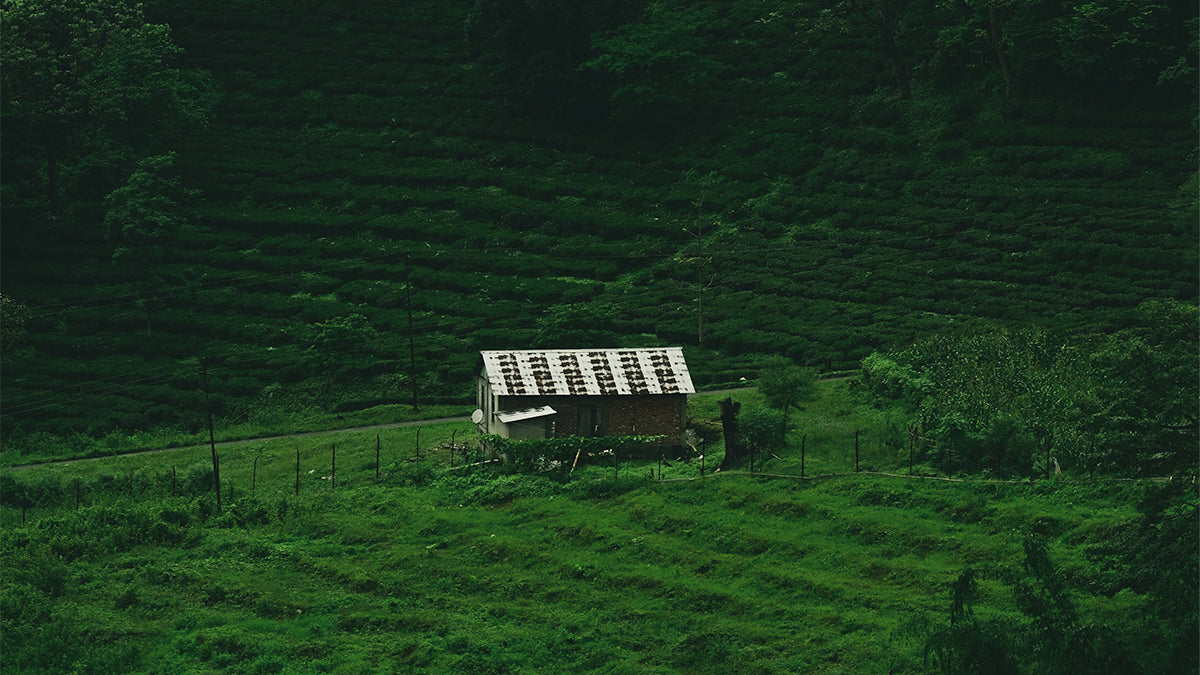Nutraceuticals, Natural Process Coffee, and Indigenous Indian Tea Makers

-
Exploring the nutraceutical properties of coffee
By Stefannie Corea for Perfect Daily Grind“With growing pressure to minimise the amount of waste produced by the coffee supply chain, there is understandably interest from food and pharmaceutical companies about reusing the byproducts of coffee production as functional ingredients. […] Nutraceuticals are often defined as food-derived products that supposedly provide both nutritional and medical benefits, such as helping to mitigate the impact of certain health conditions.”
continue reading -
What Is Natural Process Coffee?
By Liz Clayton for Sprudge“Coffee terms can be a bit confusing. Isn’t all coffee natural? Isn’t all coffee processed somehow in order to get it from the farm to a state where we can drink it? What we mean when we say natural process is that the path the coffee fruit takes from the treelet to the cup involves less complex intervention at the farm level than other methods, like washed or honey process coffees. In the natural process, the whole coffee fruit is left intact to dry after being harvested, which ultimately affects a coffee’s flavor. In some regions, natural process is known as ‘dry process.’”
continue reading -
Indigenous Tea Makers of India
By Banglanatak and an independent third party for Google Arts & Culture“Learn about the Tangsas and Singphos, original and age-old tea brewing communities from Arunachal Pradesh, India.”
continue reading -
Extraction wars: Espresso vs. ristretto
By Sam Koh for Perfect Daily Grind“A ristretto […] is the shorter sibling of the espresso – but just because it’s shorter doesn’t mean that it has less to offer. […] In Italian, ristretto means “restrict”, and it translates as such into your little demitasse cup. A ristretto is a restricted, “shorter” version of an espresso: it uses less water and so makes a smaller drink. Depending on the café or barista’s policies, the ristretto will be anything from 15 to 25ml. Because the ristretto is so small, most coffee shops choose to only offer double ristretto shots.”
continue reading

Leave a comment